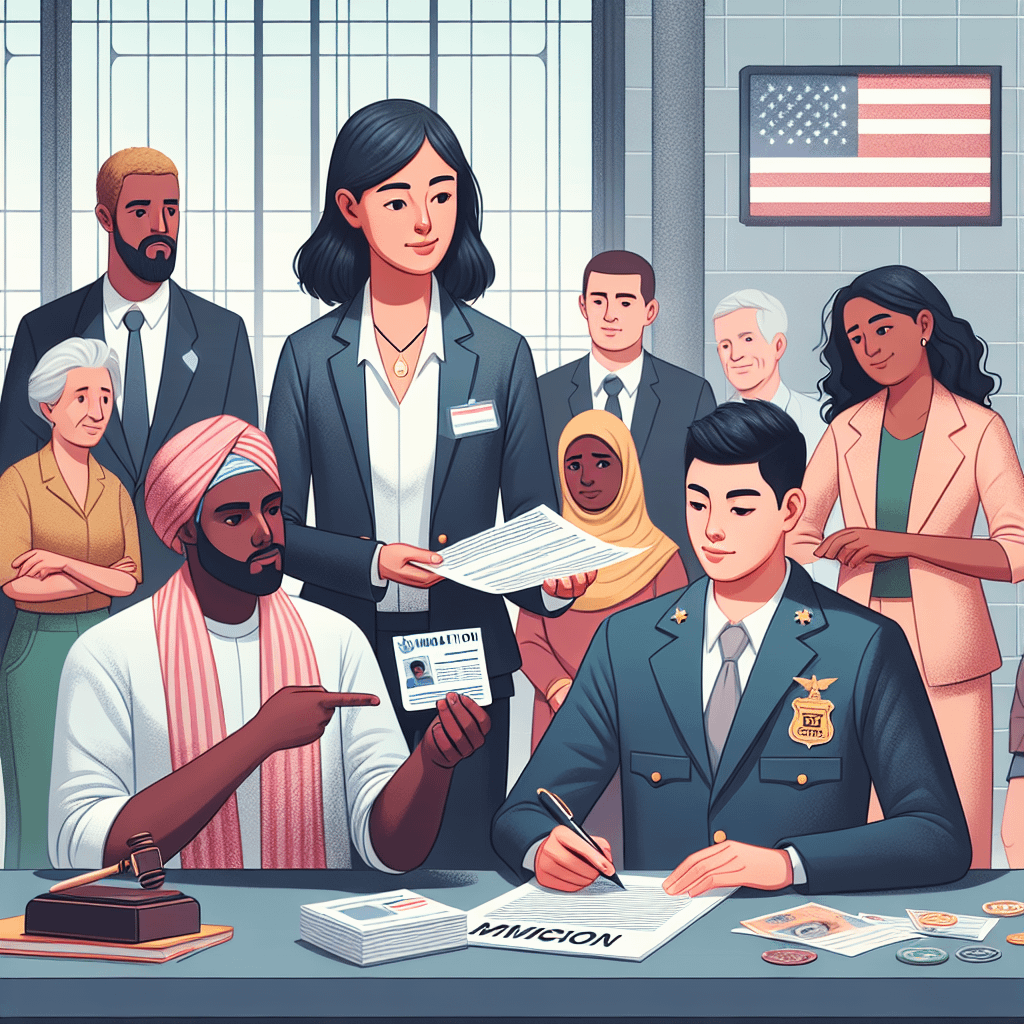Navigating the path from a student visa to a Green Card can seem like untangling a complicated web, but with the right guidance, it’s entirely manageable. If you’re in the United States on an F-1 student visa and are dreaming about making your stay more permanent, you’re not alone. Many international students love their time in the U.S. so much that they wish to stay long after their studies conclude. But how do you transition from a student visa to a Green Card? Let’s delve into the essentials and explore your options.
Firstly, it’s important to understand what a Green Card is. A Green Card is an identification card that allows a non-U.S. citizen to live and work permanently in the United States. The official term for a Green Card is “Permanent Resident Card.” Once you have one, you’re on the path to possibly becoming a U.S. citizen in the future.
Can You Directly Apply for a Green Card While on a Student Visa?
The short answer is no, you cannot directly transition from an F-1 student visa to a Green Card. However, this doesn’t mean you don’t have options. Many individuals have successfully made this transition by using a few different paths. Let’s explore these pathways.
Pathway 1: Family Sponsorship
One common way students become eligible for a Green Card is through family sponsorship. If you have a close relative who is a U.S. citizen or a Green Card holder, they might be able to sponsor you. For instance, if you marry a U.S. citizen or lawful permanent resident, your spouse can file a petition on your behalf.
Example Situation:
Imagine you’re an international student named Maria, studying computer science at a university in California. During your time in the U.S., you meet Alex, a U.S. citizen. You both decide to get married. After your wedding, Alex can apply for a family-based Green Card for you.
Pathway 2: Employment-Based Green Card
This option is particularly viable if you’re nearing graduation and looking for work opportunities in your field. If you find an employer willing to sponsor you, you might qualify for an employment-based Green Card. Typically, this involves securing a job in a specialized field where your skills are in demand and the employer is unable to find a qualified U.S. citizen for the job.
Example Situation:
Consider Ahmed, an international student from Egypt, pursuing an MBA. He receives an offer from a multinational corporation in New York after graduation. The company values Ahmed’s expertise and starts the Green Card process via the labor certification process, proving they need his specialized skills.
Pathway 3: Diversity Visa Lottery
The Diversity Visa Lottery (also known as the Green Card Lottery) is another potential pathway. Each year, the U.S. government offers up to 55,000 diversity visas, drawn randomly, to individuals from countries with low rates of immigration to the United States. Although a long shot, entering the lottery might be worth considering.
Practical Tips for Success
1. Stay Informed and Plan Ahead: Understanding U.S. immigration policies and keeping track of deadlines is crucial. Immigration rules can change, so staying informed is crucial for making timely decisions.
2. Consult with an Immigration Attorney: Navigating immigration laws and procedures can be complex. An experienced immigration attorney can provide personalized guidance and help you understand your best options.
3. Maintain Your Legal Status: While you pursue other options for a Green Card, make sure to maintain your status as a student. This means keeping up with your studies and observing the terms of your F-1 visa.
4. Consider Switching to Optional Practical Training (OPT) or H-1B Visa: After graduation, you might want to switch to optional practical training or secure an H-1B visa if you’re continuing to work in the U.S. This can give you more time while you explore Green Card opportunities.
Altering your status from an F-1 student visa to a Green Card is no small feat, but with diligence and the right approach, it’s certainly achievable. Remember, every immigration journey is unique, and what works for one individual might not work for another. However, by understanding your options clearly and taking proactive steps, you can set a strong course towards making your American dream a reality.








